The ruling ends a long legal battle surrounding the former London Stock Exchange tower, now known as 125 Old Broad Street, where on one occasion a 15ft plate glass window fell from the 17th floor onto a busy street just missing office workers enjoying an early lunch.
In total 17 plate glass windows failed on the 26-storey tower forcing its owner to pay to reclad the building, just four years after Lendlease had completed its original renovation project.
Lendlease was named throughout the judgement as the defendant.
But the Enquirer understands that was a procedural matter and the case centred on work by glazing contractor Permasteelisa.
A Lendlease spokesperson said: “Permasteelisa and Lendlease have reached an agreement whereby Lendlease will not be financially impacted.”
Klaus Lother, Chief Executive Officer of Permasteelisa UK Ltd said: “This judgment is relevant to an old project executed in 2005 and is connected with a decision by the client to change the project materials.
“The need for changing said materials was attributed by the client to Permasteelisa, which we objected to.
“Although we cannot agree with the conclusions of the judgment, we were long since prepared for such a possibility.
“Therefore it will have no impact on Permasteelisa business in the UK or at Group level.”
Handing down his judgment last week, Mr Justice Stuart-Smith described the project’s failings as “disastrous”.
Lendlease first carried out the extensive redevelopment of 125 Old Broad Street under a two-year design and build contract, completing in 2008.
Between then and 2012, the building suffered 17 spontaneous glazing failures due to nickel sulphide levels in the glass.
Fortunately, no one was seriously injured by falling glass, but the building had to be cloaked in scaffolding to protect the public.
Owners Hammerson, the Bank of Ireland and GE Real Estate then took the decision to pay for the building to be reclad with a new glass curtain walling system in 2013.
The judge said that Lendlease had failed to ensure it had the sufficient documents to prove the glazing supplied had been properly heat-treated to prevent failure.
He said: “I find as a fact that a substantial proportion of the glass that was used on 125 OBS, probably in the region of 35-40% though possibly more, was not heat soaked in accordance with the requirements of the contract.
“If it had all been heat soaked properly, there would probably have been either no breakages or one breakage.”
Around £8.7m of the £14.7m award covers the reglazing cost, with other remedial works and financing charges making up the balance.





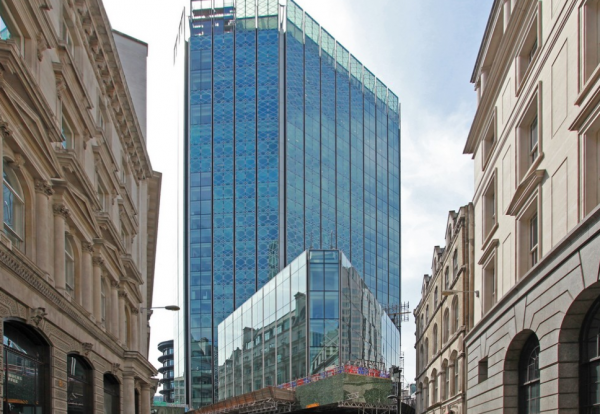

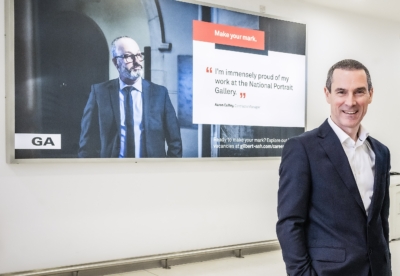

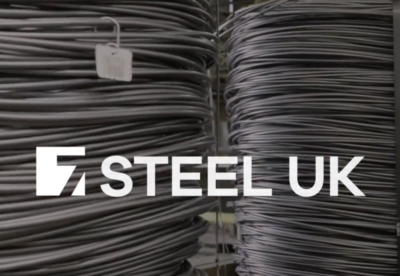













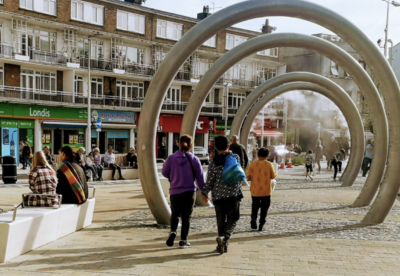

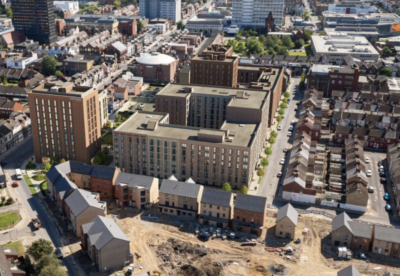


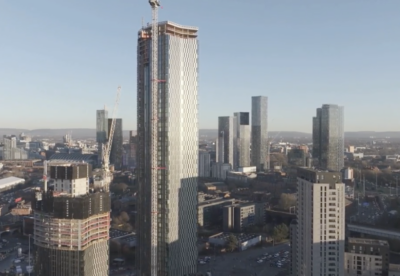




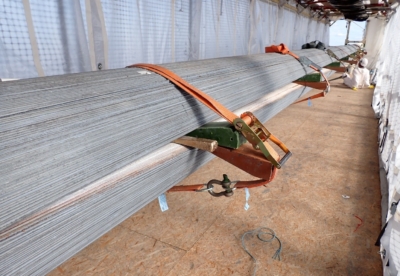




.gif)











 (300 x 250 px).jpg)




